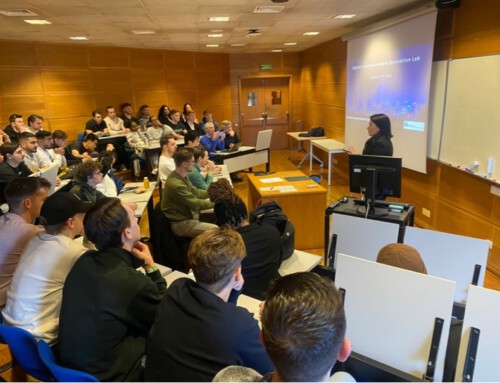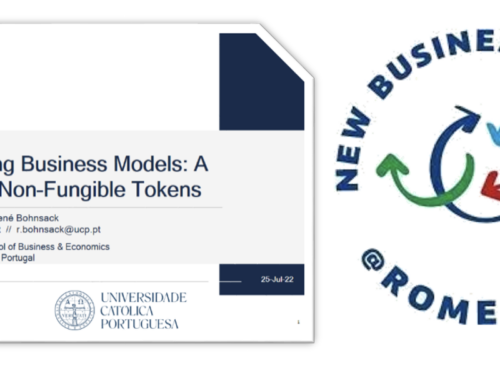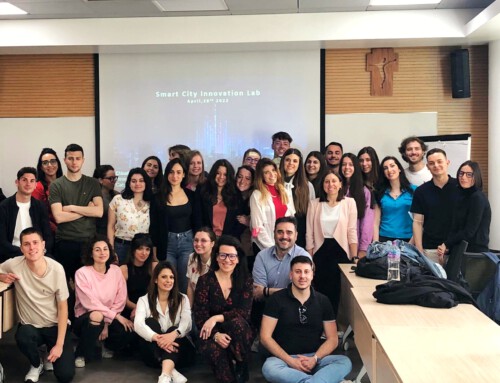René Bohnsack of Catolica Lisbon business school discusses the current trend toward smart cities.
We are in the middle of a revolution. The city as we know it might soon be a memory of the past. Our urban environment is undergoing wide-reaching change with regard to its conditions for citizens, the operations of infrastructure and potentially the way firms conduct business. This revolution is due to some mega trends of which I would like to highlight some important ones. On the negative side, increasing population levels and urbanization are putting pressure on existing city infrastructures. Since 2014, more than 50% of the global population has been living in cities and this number is expected to rise to more than 75% in the future. Due to this rapid population growth, the demand for cars is expected to double in 2050, rising to 2 billion cars from 1 billion today. All of this results in an increase in congestion in urban areas, which commuters feel daily, also on Lisbon’s roads though thankfully not as extreme as for instance the record-breaking 11 day traffic jam in China! Not only does this take away quality time, or increase pollution, it can also lead to more serious situations such as ambulances being stuck in traffic jams unable to reach emergency cases. As a result, there is a general reduction in the well-being of residents of cities.
On the positive side, thanks to the internet of things (IoT) the physical and the digital world are moving together and open the possibility for ‘smart cities’ which are more efficient, more liveable and more sustainable. Smart city technologies are on the rise and slowly revolutionize every area of urban life. Let us reflect on just three examples. First, real time traffic models can optimize the flow of traffic or in the future allow finding free parking spots (shockingly 30% of all traffic in cities is attributed to cars that search for a parking spot). Second, in urban areas of Singapore and in Pittsburgh, self-driving electric cars are already on the road. Self-driving cars have the potential to reduce the number of cars in cities by a factor of 5 and could even be used as small power plants to reduce the burden on the electric grid. This technology can be especially useful here as electrical fires are a major category of fires fought in Lisbon. Last, platforms such as the recently launched crowd-funding platform BoaBoa from the Camara Municipal Lisboa empower citizens to suggest city projects that improve liveability in Lisbon. These services make cities more equitable, sustainable and democratic.
While it difficult to predict how this will play out – also considering major concerns regarding data safety – we can expect that these changes will have an impact on existing businesses and challenge traditional businesses to re-think their business models. Firms increasingly need to digitize their operations, transform their businesses and in fact replace part of their physical businesses. Think of energy providers adding smart meter apps, insurance companies using customer centred pricing using big data analytics or simply local businesses promoting their services on online market places like MyGon or Zomato instead of printed flyers. The newly founded “Smart City Innovation Lab” at Catolica Lisbon studies these trends with a focus on the energy, mobility and e-health industry, researching how businesses can digitalize their business models, how user behaviour for smart city applications can be changed and how policies and markets need to be adapted. For instance, one of the projects called me2 – co-funded by Fundo de Apoio à Inovação – seeks to combine smart meters and electric cars on one platform to balance the stress on the electric grid with gamification elements and intelligent business models. What is our prediction for the city of the future in the course of the current revolution? We don’t know, but we hope that it will change our urban environment for the better and create well-being for all its stakeholders.
For the Portuguese original see: http://observador.pt/opiniao/a-revolucao-da-cidade-inteligente/







Leave A Comment